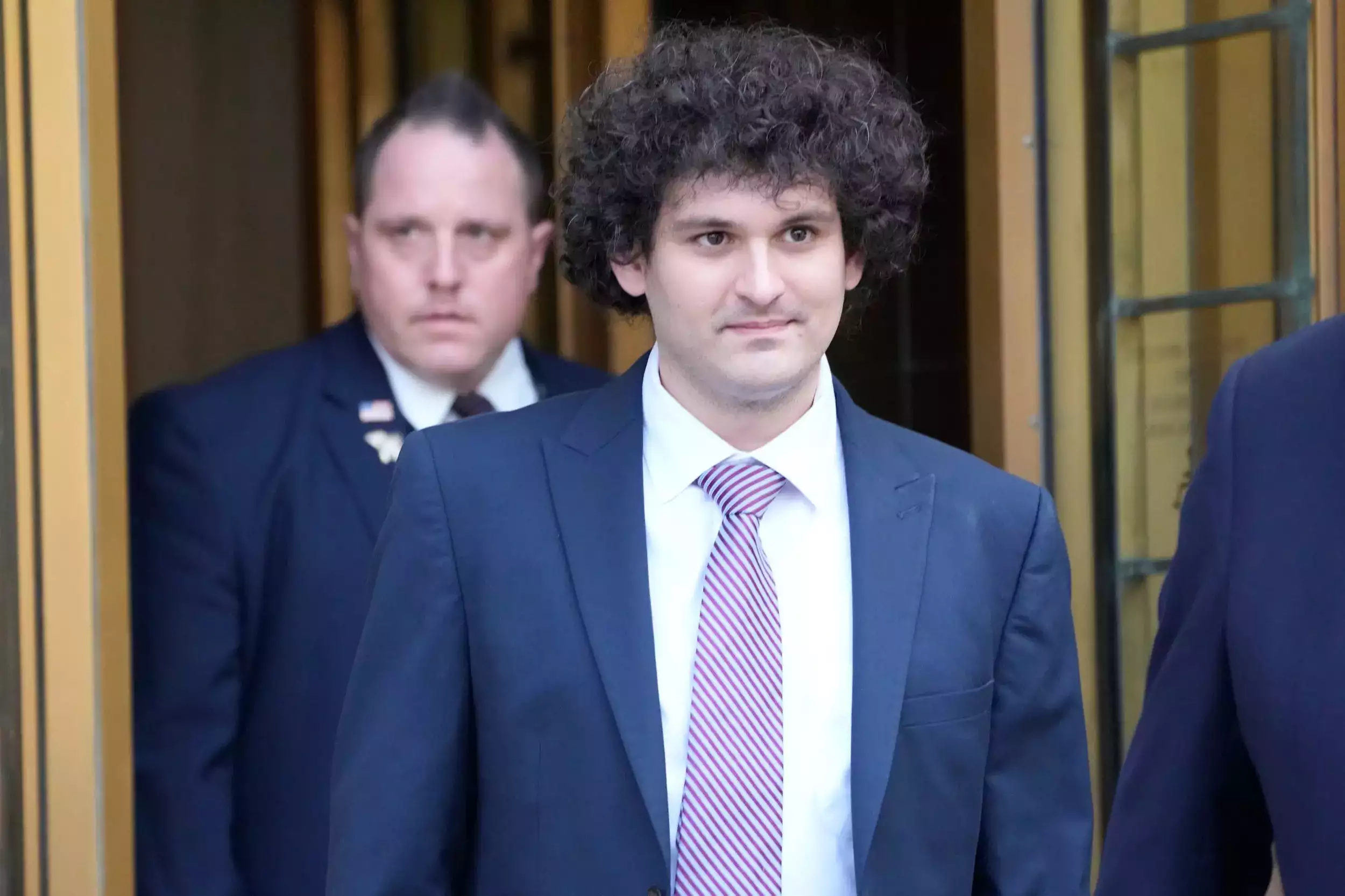FTX co-founder Sam Bankman-Fried is set to testify in his criminal trial, according to his lawyer. Bankman-Fried is facing seven charges of fraud and potential imprisonment. Mark Cohen, his attorney, confirmed during a hearing in federal court in downtown Manhattan that Bankman-Fried would take the witness stand after three other witnesses testify in his defense. The trial, which was on hiatus, is scheduled to resume on Thursday, with prosecutors planning to present two more witnesses before resting their case.
Earlier in the trial, Bankman-Fried’s attorneys expressed uncertainty about whether he would testify. In a letter to the judge on October 15, Cohen cited his client’s need for more Adderall to concentrate in court. Cohen wrote, “The defense has a growing concern that because of Mr. Bankman-Fried’s lack of access to Adderall, he has not been able to concentrate at the level he ordinarily would and that he will not be able to meaningfully participate in the presentation of the defense case.” Subsequently, arrangements were made for Bankman-Fried to obtain the necessary medication.
Bankman-Fried is facing seven criminal charges, including wire fraud, conspiracy to commit securities fraud, and conspiracy to commit money laundering. Despite pleading not guilty to all charges, he has argued that the executives who took over FTX after its bankruptcy misunderstood his intentions. Bankman-Fried has also attempted to shift blame onto former executives, particularly his ex-girlfriend Caroline Ellison, for FTX’s collapse.
Prosecutors allege that Bankman-Fried defrauded FTX customers and investors out of billions of dollars. Ellison, in her testimony, claimed to have conspired with Bankman-Fried and others to defraud FTX stakeholders. She stated, “Alameda took several billion dollars from FTX customers and used it to make our own investments and pay off lenders who we owed.”
The decision for Bankman-Fried to testify is considered an “aggressive choice” by Eric Chaffee, a law professor at Case Western Reserve University. Chaffee warned that testifying exposes defendants to cross-examination and potentially damaging evidence revealed during questioning. Despite limited court testimony to support their arguments, Bankman-Fried’s lawyers signaled to the judge that they were considering not presenting a defense case.
Throughout the trial, prosecutors have attacked Bankman-Fried’s credibility, focusing on his tweets during FTX’s collapse where he falsely claimed the company had sufficient funds to cover customer withdrawals. Additionally, Ellison testified about Bankman-Fried’s intentional disheveled appearance as part of a PR strategy.
Bankman-Fried’s testimony carries significant risks for him. Prosecutors have access to previous interviews that can be used against him during cross-examination. Furthermore, if he is found to have lied on the witness stand, Judge Lewis Kaplan could impose a harsher sentence.
Richard Painter, a law professor at the University of Minnesota and former White House chief ethics lawyer under George W. Bush, expressed concern about Bankman-Fried’s potential as a witness, claiming he could do significant damage to his own case.

I have over 10 years of experience in the cryptocurrency industry and I have been on the list of the top authors on LinkedIn for the past 5 years.

